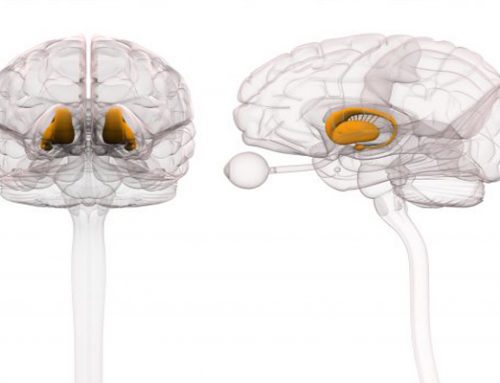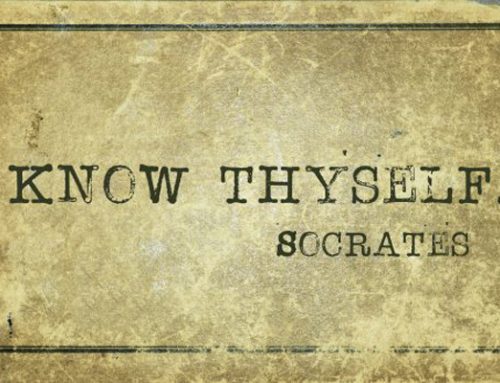Picture this. Your best friend has a partner you know isn’t good for them. Let’s just say your friends name is Sally and her partner’s name is John. John is constantly criticising Sally, pointing out what she’s doing wrong, making snide remarks when she says something John deems to be unintelligent and laughing along with jokes made at her expense. That’s when they’re together. Through conversations you’ve had with Sally privately you learn of how John beats down on her dreams, balks at her aspirations and never passes up an opportunity to let her know there’s no point in even trying as she’s inevitably doomed to fail.
Sounds pretty dreadful, right? No one in such a relationship could ever be expected to flourish in life. I mean, reaching goals and succeeding is hard enough even when your partner is supportive. A partner like our dear John would leave you feeling so miserable about yourself that you’d likely never even attempt to reach your goals, let alone stick it out when times get tough.
So, what do you do? How do you help Sally? You know she’s deserving of so much more than someone like John. It pains you to see how she’s begun to believe that she’s not capable of working towards her goals, that she doesn’t have what it takes and that she shouldn’t even try. You know how amazing she is, how capable she is. But you telling her she’s the best thing since slice bread isn’t changing anything.
Why? Because you’re only telling her for a fraction of the time that John is reminding her of the complete opposite. There’s only one thing to do. You’ve got to figure out a way to break the relationship up. You need to get John out of her life. I know this is how I would react. Why though? What drives you to want to help Sally? Why do you care enough to even get involved? Compassion. You feel a great sense of compassion for Sally and so you feel compelled to help her. Right? Right. So, what about yourself? What gives there?
The above toxic relationship serves as a perfect model to illustrate the negative effects of a poor relationship with oneself. You see, most of us have someone just like John living inside our heads. John is a euphemism for the voice inside your head that tells you you’re not good enough. The voice that tells you you’ll never make it. The voice that very well may acknowledge you have some talents but is quick to remind you that there are many areas within which you struggle. It’s the voice that tells you you’re shit. Basically. The voice that finds fault in all that you achieve, the one that tells you that even trying isn’t worthwhile because you’ll fail just like the last time. It’s the voice you allow to do so.
You see, there is no more harmful a relationship than a toxic one with yourself. Such a relationship leads to feelings of inadequacy, shame and guilt. Hardly a cocktail for success. Cast that voice from your mind in the same manner you would attempt to rid Sally of John: with compassion. Yes, you may be lacking in some areas of your life but you are very successful in others. Not the other way around. Yes, you may not be as far along the path as other people around you (namely on the internet! Social media!!) but you are a lot further than you have been. Yes, you may have failed ten times in a row but you had the strength and courage to try ten times despite falling short. You get the idea.
You’ve been critical of yourself for so long, try nurturing yourself for a change. Try being compassionate with yourself. I promise you, you’ll be amazed by the results. But you have to practice. Each and everyday. Nobody thrives if their significant other constantly brings them down. Equally, nobody thrives if they constantly bring themselves down.
Remember, compassion.





Leave A Comment